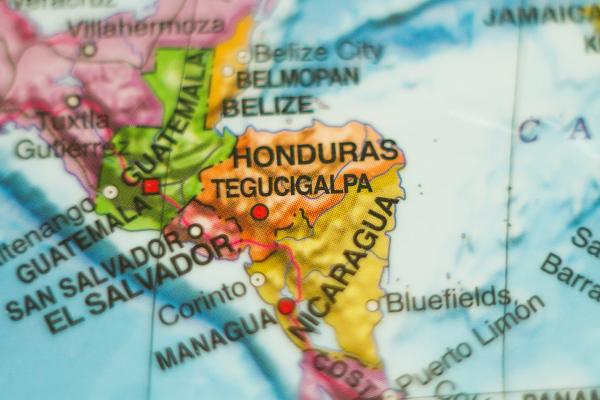THE WORD MARTYR means “witness.” In times past, it meant dying for one’s beliefs; but increasingly it means dying for one’s faith because of justice.
On March 3, Honduran Indigenous leader Berta Cáceres was brutally murdered in her home. As co-founder of the Civic Council of Popular and Indigenous Organizations of Honduras, Cáceres had led the Lenca Indigenous communities in a nonviolent struggle to defend the sacred lands, forests, and water that her people have protected for generations.
She was beloved by many around the world for her extraordinary leadership on the environment, recognized in 2015 when she received the Goldman Environmental Prize for “sustained and significant efforts to protect and enhance the natural environment, often at great personal risk.” Her assassination sparked a global outcry, including a demand from the Vatican for an independent investigation into her death.
Cáceres’s life and death is a witness to what Pope Francis calls “the cry of the earth and the cry of the poor.” Her martyrdom embodies the intimate connection between creation justice and social justice for the poor that is at the heart of Francis’ recent encyclical on the environment.
Read the Full Article

